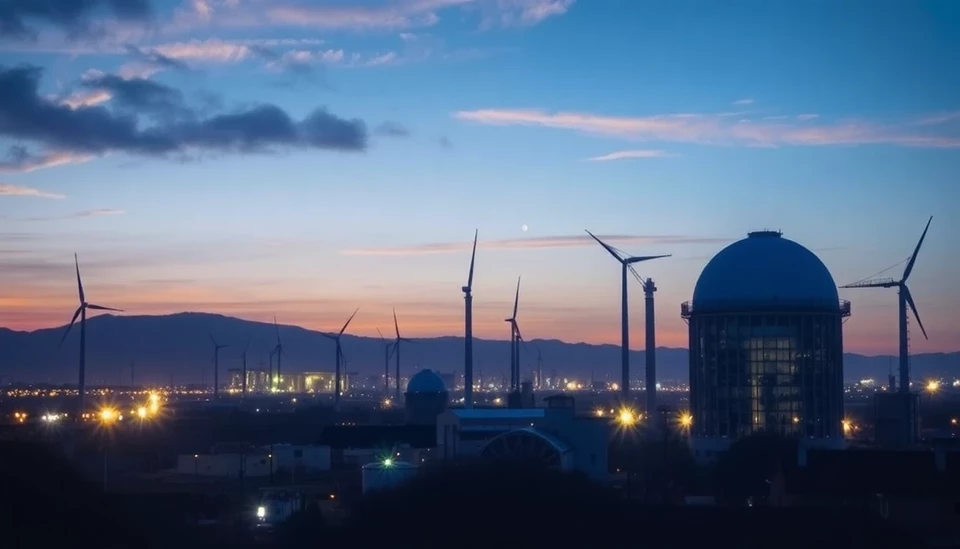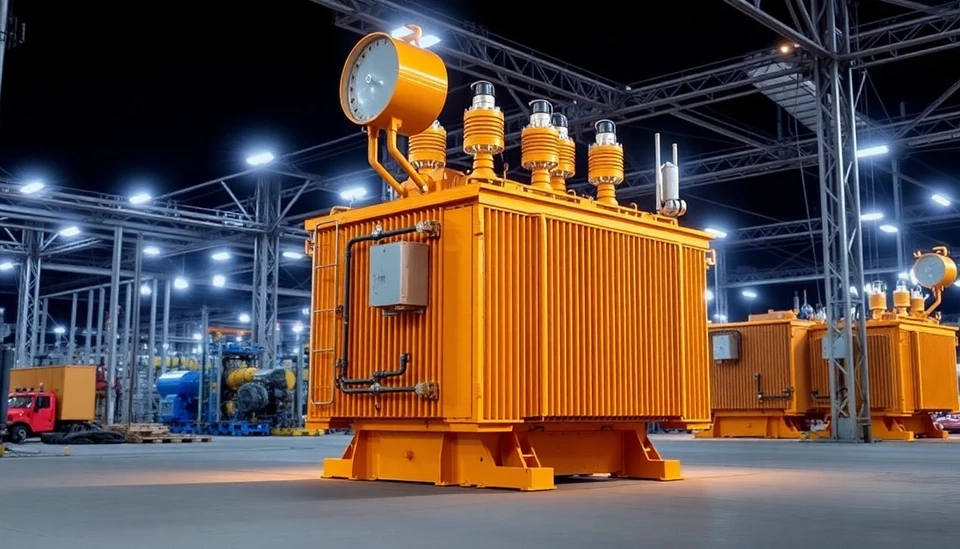
In a troubling revelation for international climate goals, the global economy is failing to embrace the necessary energy efficiency measures that are crucial for sustainable development. Despite substantial pledges for improvement, data indicates that energy efficiency is not progressing at the pace required to meet net-zero emissions targets. This shortfall is prompting fears that without immediate and decisive action, the world may face dire consequences in the fight against climate change.
The latest analysis highlights that energy efficiency gains have stalled across various industries, with many sectors not achieving the anticipated reductions in energy consumption and greenhouse gas emissions. For instance, despite technological advancements and the availability of innovative energy-efficient solutions, the implementation remains inconsistent. Factors such as regulatory challenges, investment hesitancies, and a lack of incentive structures have been identified as significant barriers hindering progress in this vital area.
Economists and environmental analysts have raised alarms over the implications of this stagnation. The failure to increase energy efficiency could lead to a substantial rise in energy demand, making it increasingly challenging to transition to cleaner energy sources. As countries worldwide grapple with extreme weather events and escalating energy costs, the necessity for robust energy efficiency programs becomes more pressing than ever.
Further complicating the situation is the unevenness of energy efficiency improvements among different nations. While some countries are advancing with policies designed to enhance energy use in buildings, transportation, and industry, others are lagging. This disparity not only affects individual nations’ energy security but also jeopardizes global climate initiatives, potentially leading to increased emissions and a greater reliance on fossil fuels.
To counteract this stagnation, experts are advocating for urgent strategic shifts in policy and practice. Suggestions include bolstering government incentives for energy-efficient technologies, improving public awareness regarding energy consumption, and fostering collaborations between the public and private sectors. The commitment to develop a more energy-resilient infrastructure is critical in ensuring that nations can meet their climate goals.
The focus now is on policymakers and stakeholders to take immediate corrective actions. The key lies in integrating energy efficiency into broader economic strategies, rather than viewing it as a separate initiative. Regulatory frameworks must support innovation and provide clear pathways for investment in energy-efficient solutions to stimulate growth while effectively mitigating climate change.
As the global community marks a critical juncture in its approach to energy consumption, the call for enhanced efficiency cannot be sidelined. With the clock ticking, the urgency for change is palpable, and failure to act decisively could have repercussions that extend far beyond environmental concerns—impacting economies, public health, and social equity across continents.
#EnergyEfficiency #ClimateChange #Sustainability #NetZero #GlobalEconomy #CleanEnergy #GreenTech
Author: Sophie Bennett




